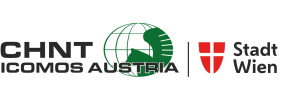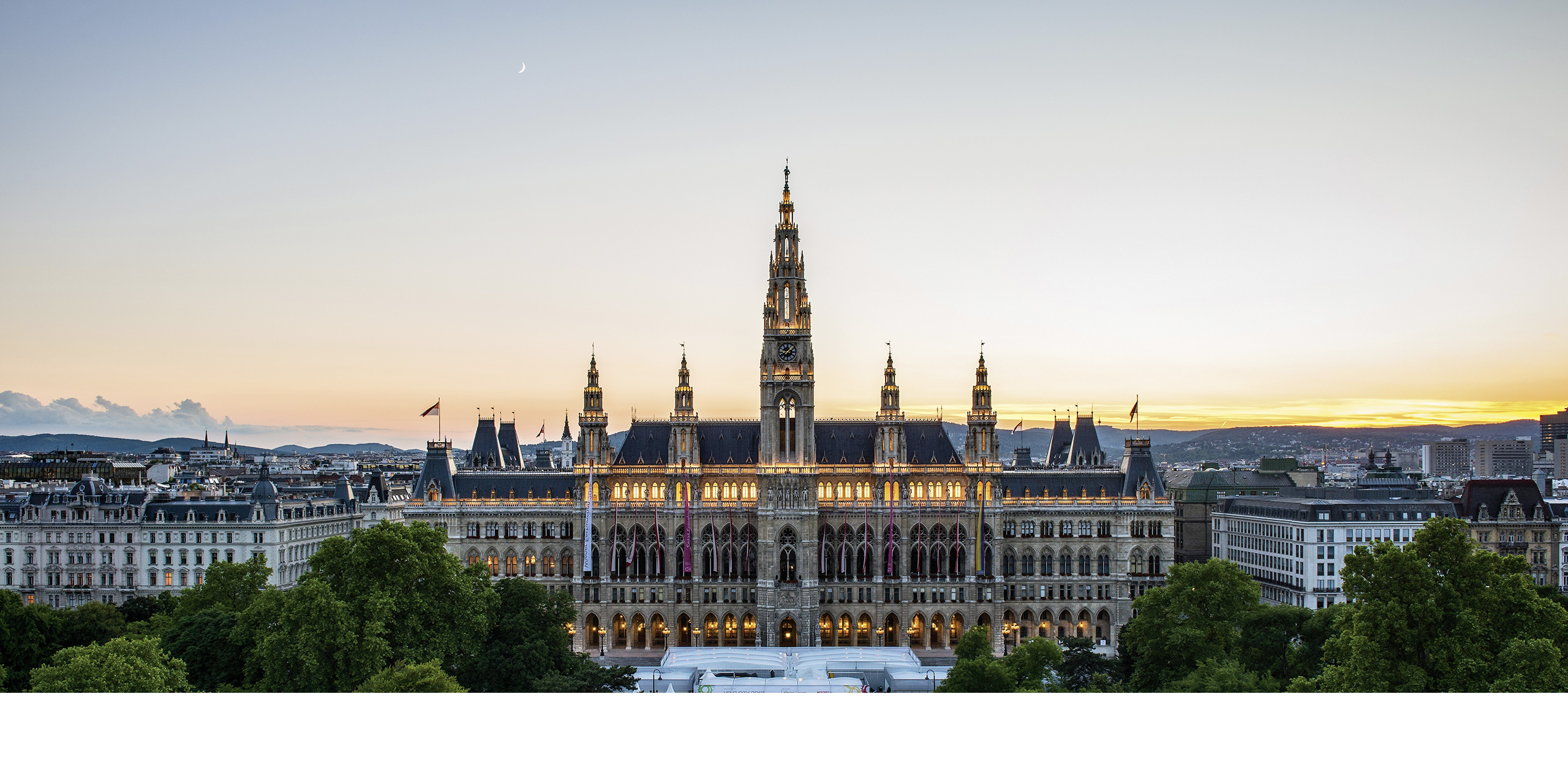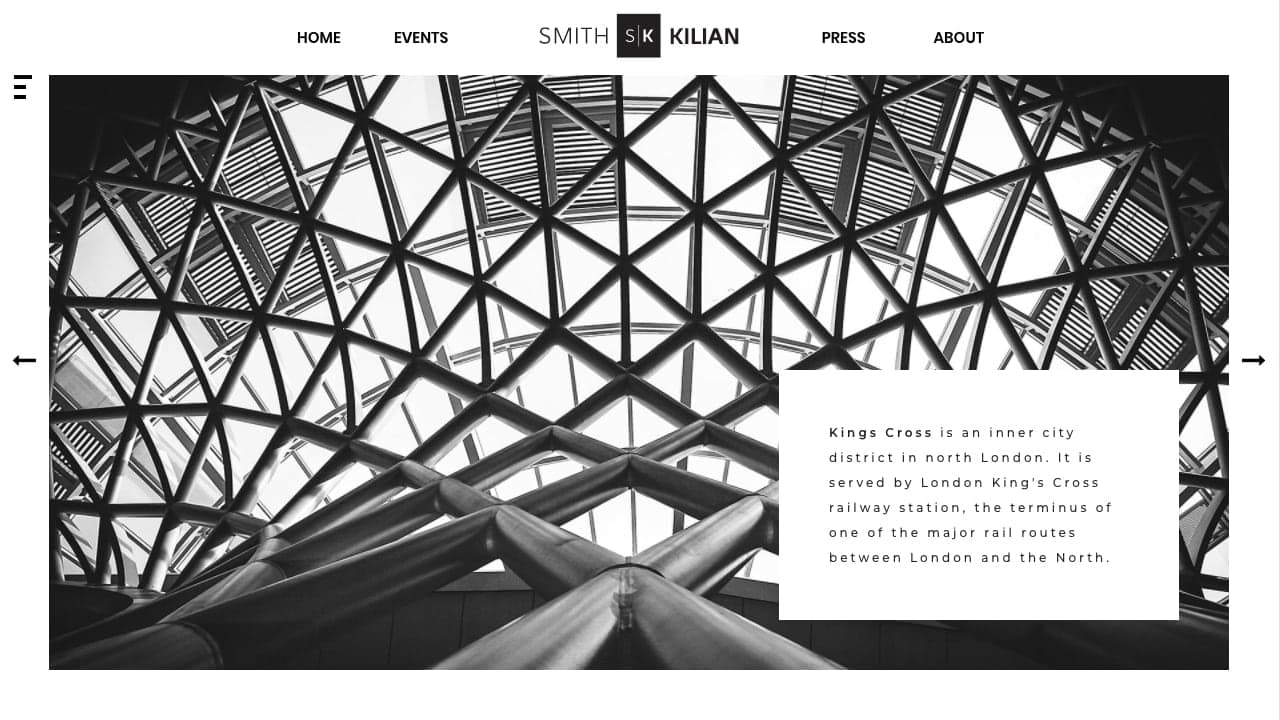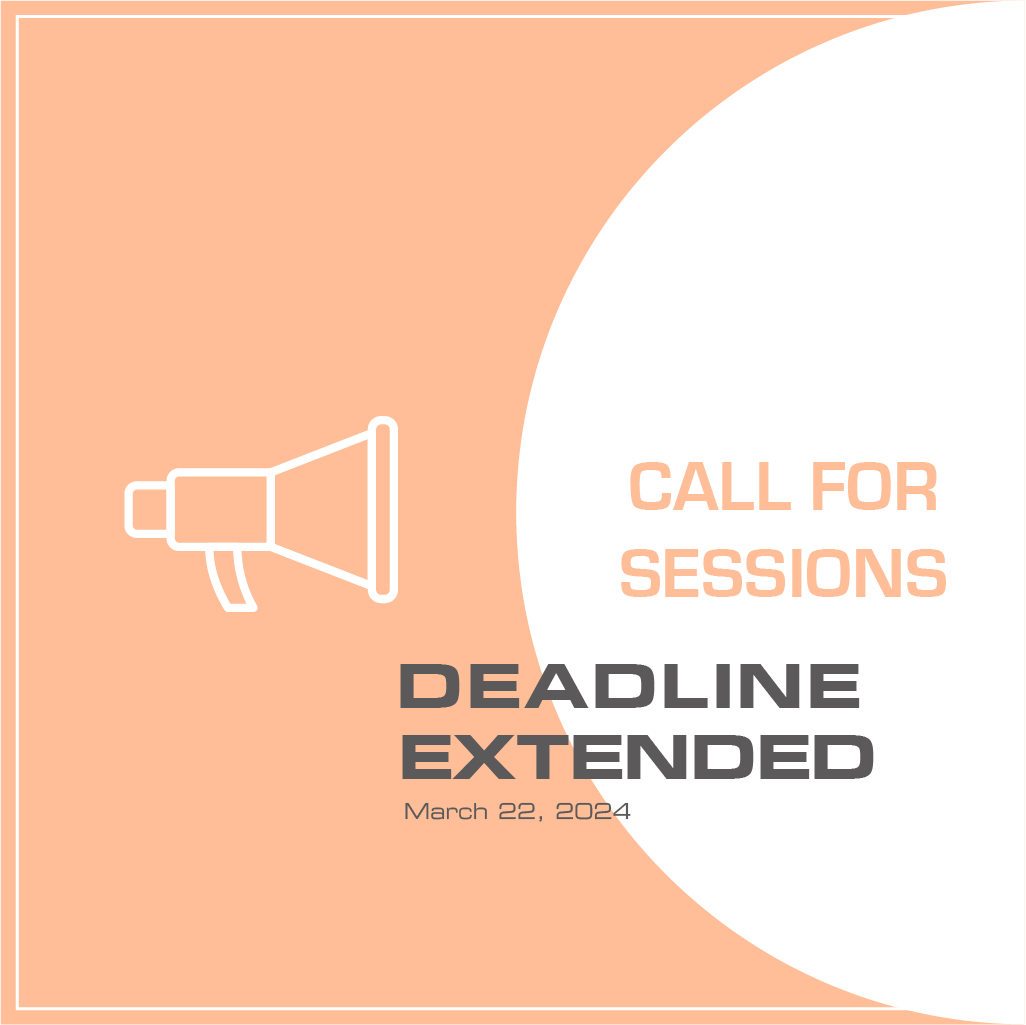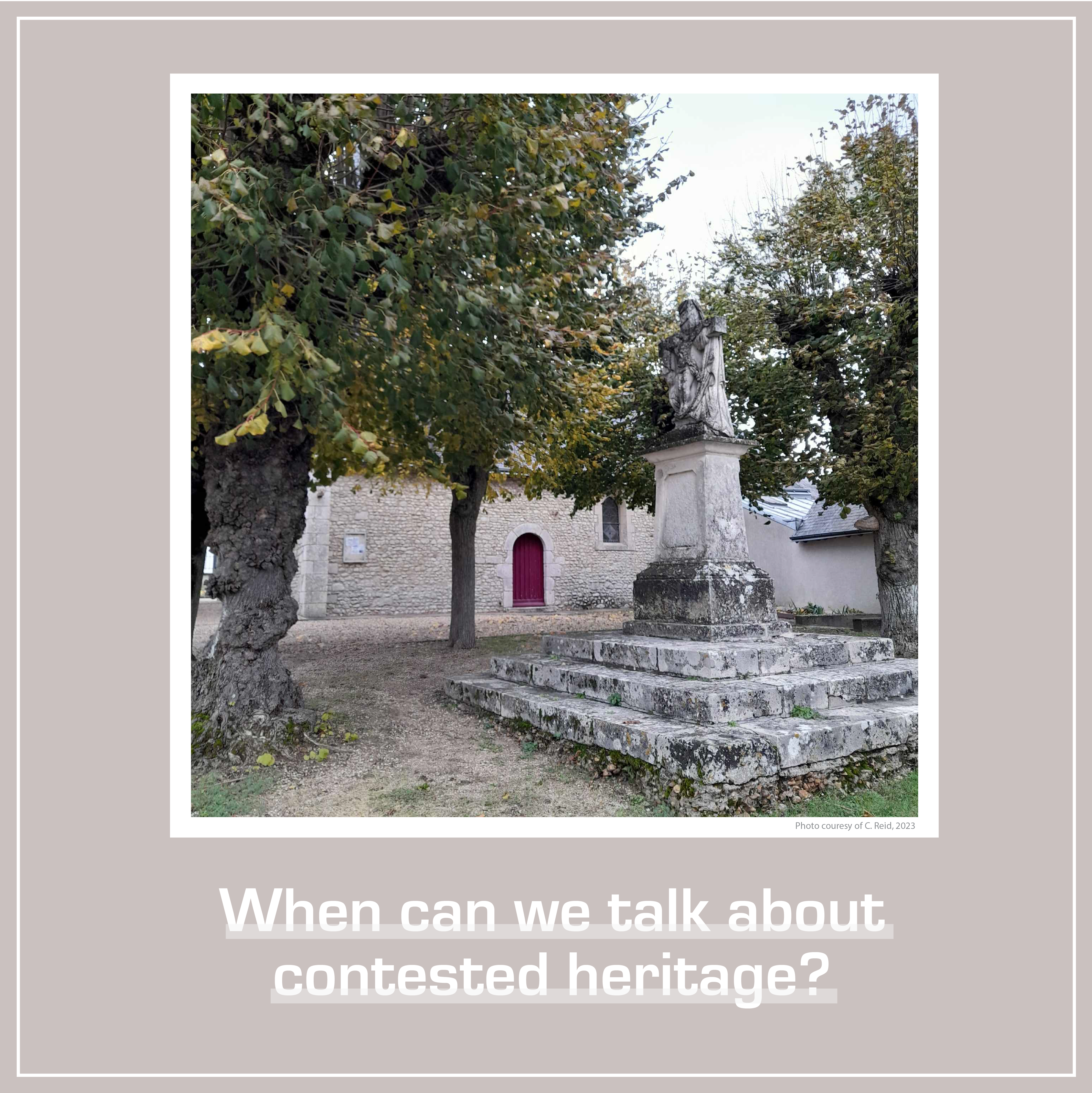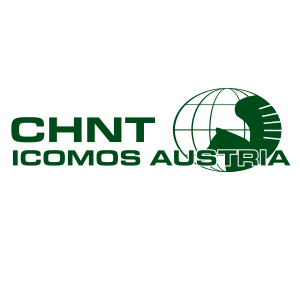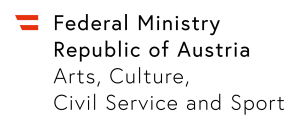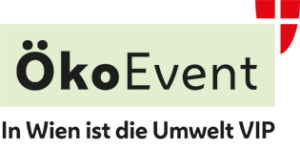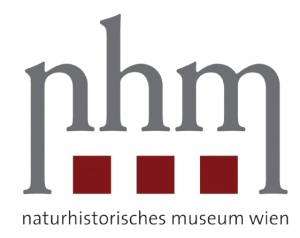The association CHNT-ICOMOS Austria was founded in early 2021 to organise the annual Conference on Cultural Heritage and New Technologies. It is a sister association of the Austrian National Committee of the International Council on Monuments and Sites (ICOMOS). The association has around 20 members who contribute to the continuous development of the conference and participate intensively in the preparations. The president of the association is DI Dr. Urlike Herbig. The treasurer is Mag. Wolfgang Börner, who has been entrusted with the organisation of the CHNT for the last 26 years.
The City of Vienna (Department 7 – Cultural Affairs) is the association’s cooperation partner and is hosting the event in the Vienna City Hall.
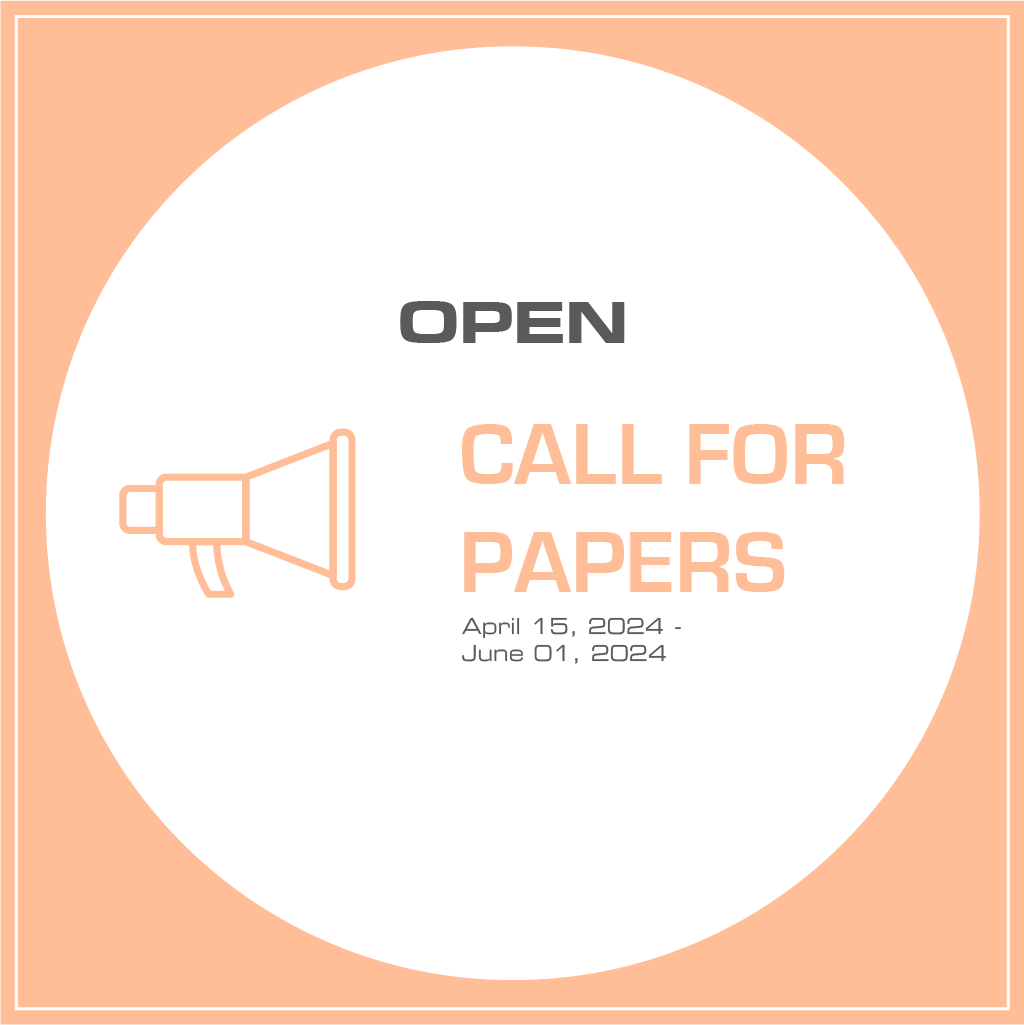 https://chnt.at/wp-content/uploads/2024/04/Call4papers-mit.png
1025
1024
info@chnt.at
http://chnt.at/wp-content/uploads/2022/02/logo_header_final-beschnitten-300x102.png
info@chnt.at2024-04-16 16:39:052024-04-16 16:39:41Call for papers – open
https://chnt.at/wp-content/uploads/2024/04/Call4papers-mit.png
1025
1024
info@chnt.at
http://chnt.at/wp-content/uploads/2022/02/logo_header_final-beschnitten-300x102.png
info@chnt.at2024-04-16 16:39:052024-04-16 16:39:41Call for papers – open
